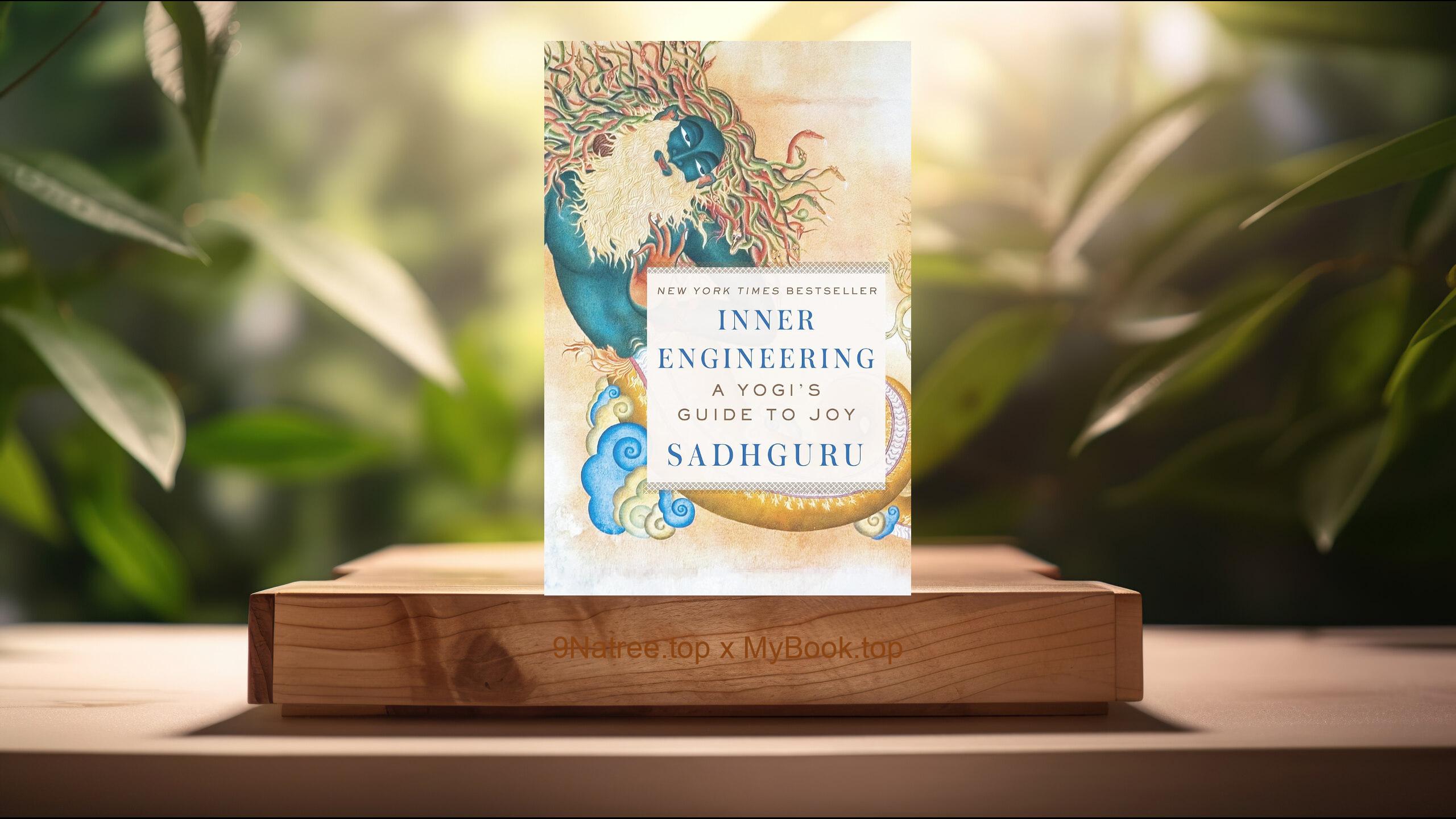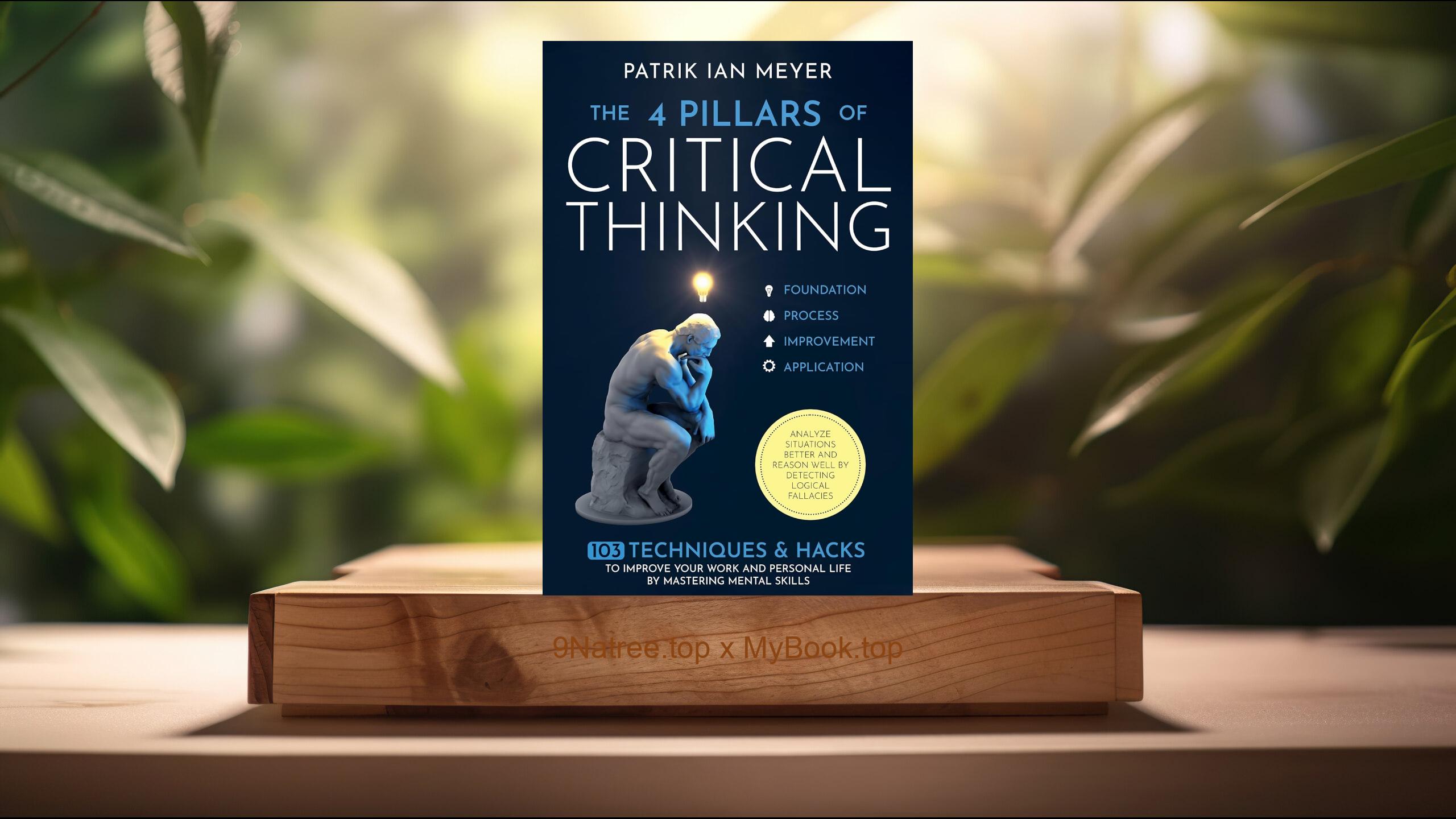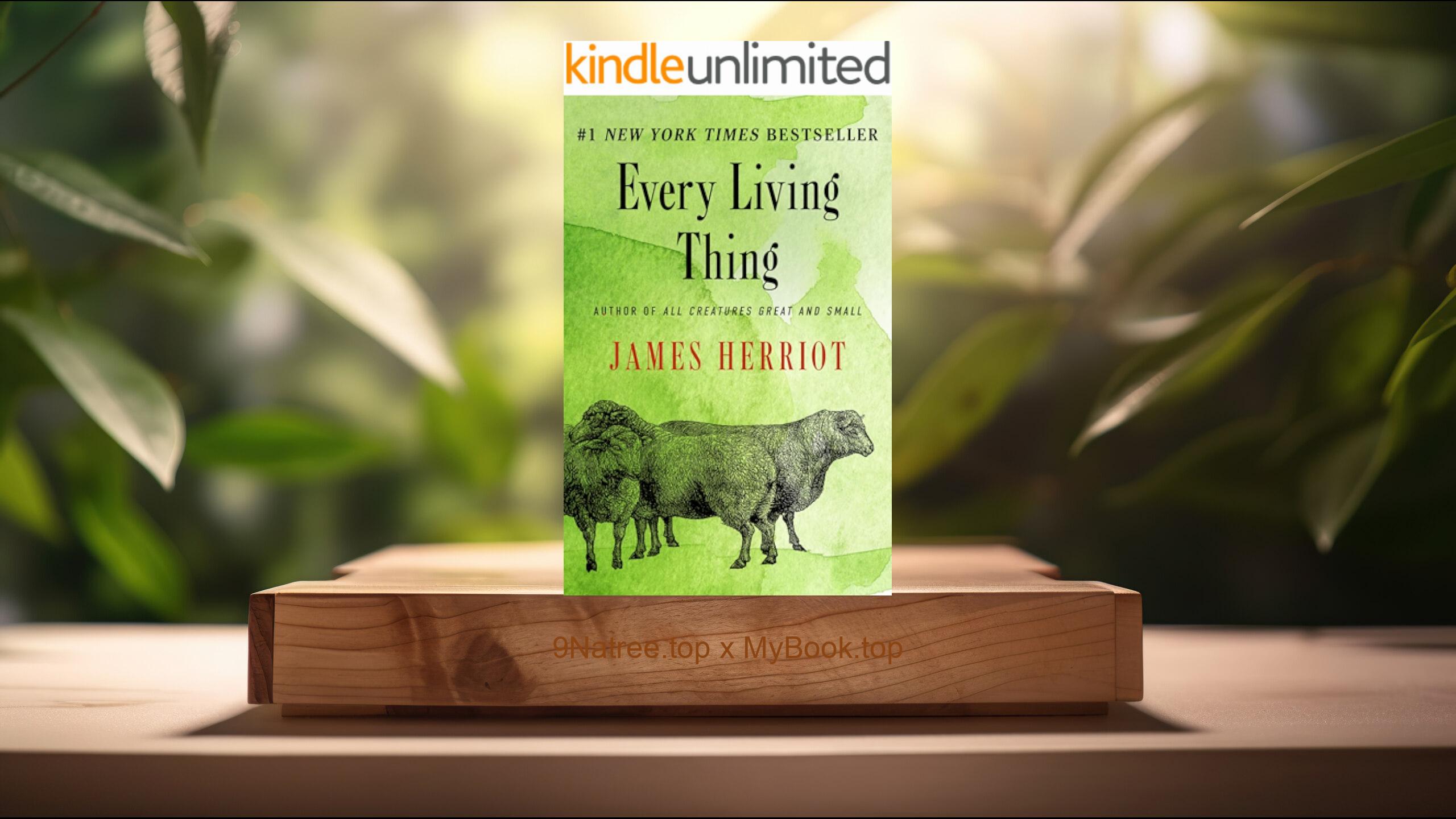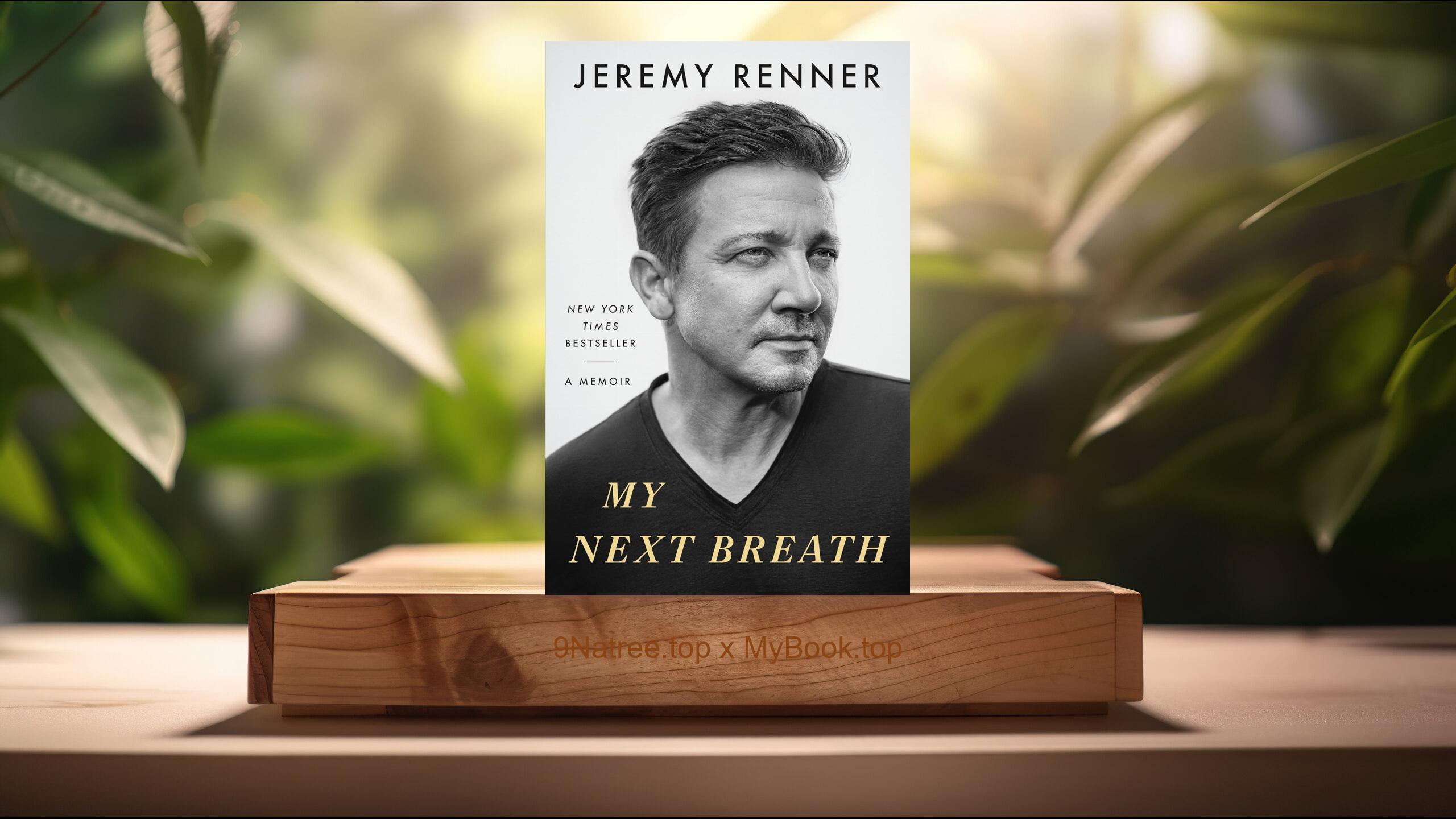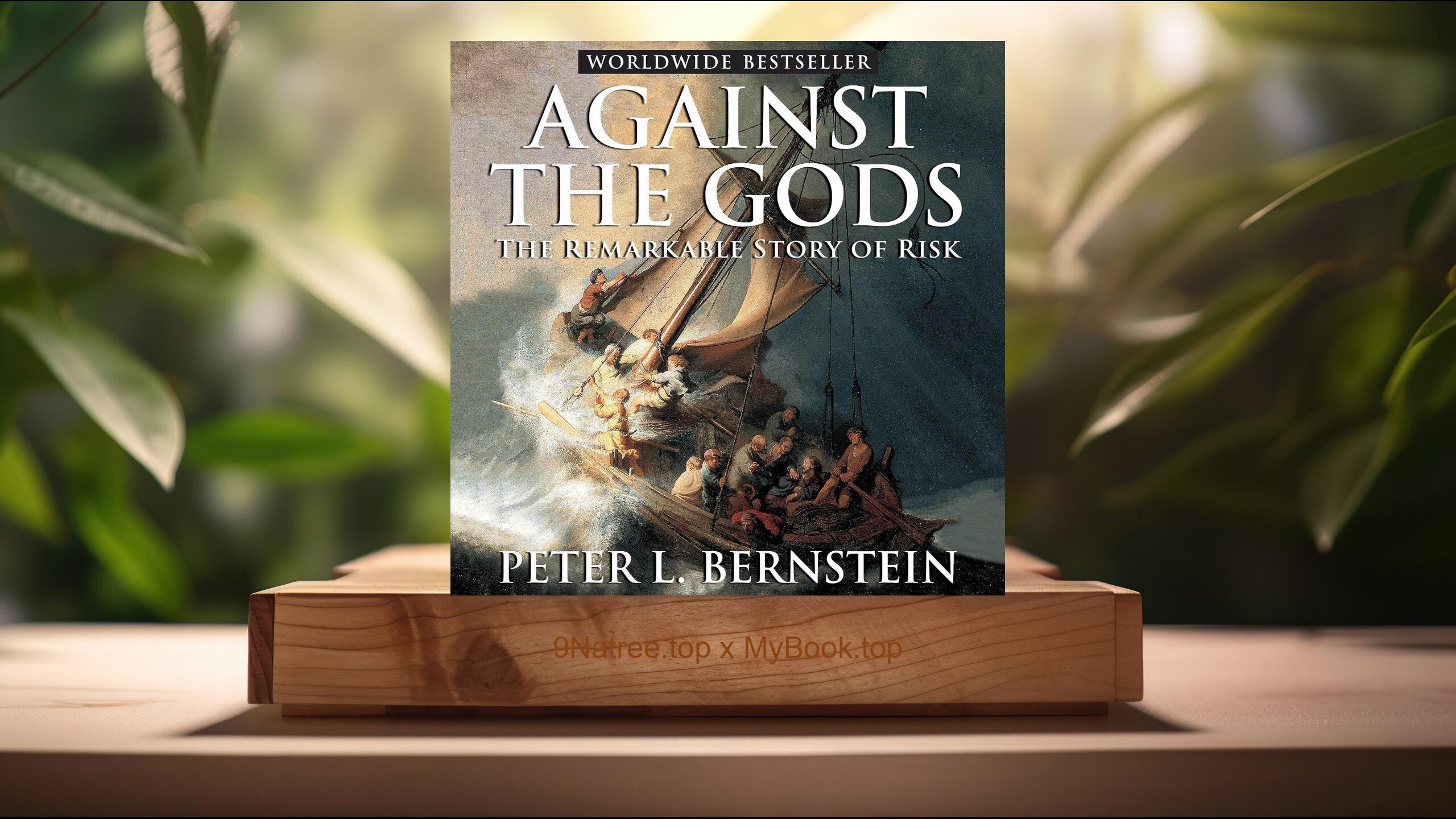Show Notes
Buy on Amazon: https://www.amazon.com/dp/B002361MLA?tag=9natree-20
Read more: https://mybook.top/read/B002361MLA/
#Mindfulness #SpiritualEnlightenment #PresentMomentAwareness #EgoTranscendence #InnerPeace #MentalHealth #SelfHelp
These are takeaways from this book.
Firstly, Understanding the Mind, Eckhart Tolle begins by addressing the core obstacle to spiritual enlightenment: the human mind. He posits that individuals are often prisoners of their own thoughts, locked in an endless battle with their mind's content. This section delves into how our identification with the mind, especially with incessant thoughts and emotions, distances us from the pure state of Being. Tolle emphasizes that the mind is a tool for survival, responsible for analysis and planning, but becomes a detriment when it overshadows our present existence. Understanding the mechanics of the mind is the first step towards freeing ourselves from its grip, and Tolle provides practical advice on observing our thoughts without judgment, thus diminishing their power over us.
Secondly, The Significance of the Now, The essence of Tolle's message lies in the power of the present moment, or the ‘Now’. He asserts that the past is unchangeable and the future is unpredictable, thus the only true reality is the present moment. Living in the Now means a conscious existence, where attention is focused on the current experience, free from the distractions of past regrets and future anxieties. This segment explores the transformational power of embracing the Now, highlighting how present moment awareness leads to a deeper connection with the essence of our being. Tolle guides readers through the process of becoming present, showing how this practice can dissolve the ego, reduce suffering, and lead to spiritual enlightenment.
Thirdly, Ego and Identity, Eckhart Tolle explores the concept of ego as the false self, created by unconscious identification with the mind and emotions. He describes the ego as a fragile identity that seeks validation and power from external sources, leading to an endless cycle of desire and aversion. This section illuminates how the ego thrives on drama and conflict, perpetuating our sense of separateness from others and the world at large. Tolle offers insight into transcending the ego by recognizing its patterns and consciously choosing to not engage with them. In doing so, individuals can move towards a state of inner peace and freedom, experiencing a sense of unity with all things.
Fourthly, The Role of Suffering, Tolle addresses suffering as an integral part of the human experience, stemming primarily from our resistance to the present moment and identification with the mind. He argues that suffering is a wake-up call, urging us to break free from the unconscious patterns that bind us. This segment discusses the transformative potential of suffering, suggesting that it can lead to awakening if approached with awareness and acceptance. Tolle encourages embracing suffering as a path to enlightenment, highlighting how it can serve as a catalyst for profound spiritual growth by forcing us to confront the impermanence of our existence and the illusory nature of the ego.
Lastly, The Path to Enlightenment, In the concluding sections, Tolle consolidates his teachings into a coherent path to spiritual enlightenment. This path involves a deep realization of the power of Now, the dissolution of the ego, and the acceptance of present-moment reality. He emphasizes that enlightenment is not a distant state to be achieved, but a natural aspect of being that is uncovered through presence and awareness. This part offers practical guidance on integrating these principles into daily life, suggesting meditation, mindfulness, and the cultivation of a non-judgmental awareness of the Now as key practices. Tolle’s work ends with an invitation to embark on this journey inward, promising peace, joy, and a deeper understanding of the self and the world.
In conclusion, ‘The Power of Now: A Guide to Spiritual Enlightenment’ is a seminal work that is essential reading for anyone on a journey towards inner peace, self-awareness, and spiritual growth. Eckhart Tolle masterfully guides readers through understanding the pitfalls of the mind, the illusion of time, and the importance of the present moment. This book is particularly beneficial for those who find themselves overwhelmed by the past or anxious about the future, offering a pathway out of suffering and into peace. Its teachings are not limited to any one spiritual or religious tradition, making it universally accessible. By embracing the practices and insights offered by Tolle, individuals can transform their lives, finding not only enlightenment but a true sense of fulfillment and connection with the essence of being. In a world filled with distractions and challenges, ‘The Power of Now’ remains a beacon of hope, guiding us towards a more conscious and compassionate existence.
![[Review] The Power of Now: A Guide to Spiritual Enlightenment (Eckhart Tolle) Summarized](https://episodes.castos.com/660078c6833215-59505987/images/1708660/c1a-085k3-nj9pv49ki54o-ogzbzm.jpg)
